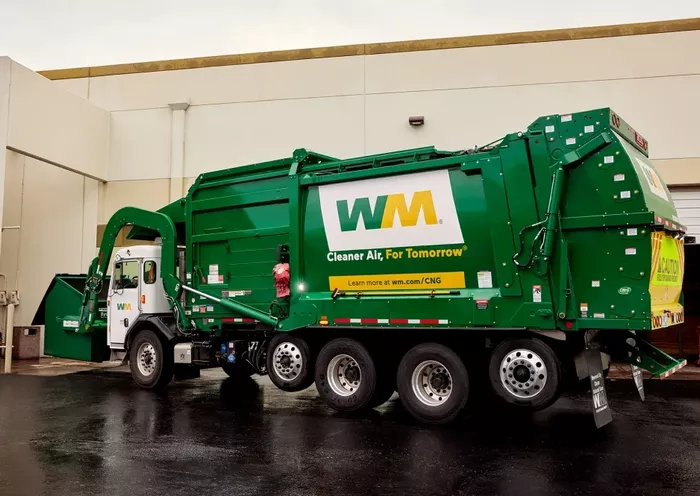Anthropologie, the major clothing retailer, has launched a pioneering initiative in partnership with Waste Management—the largest recycling company in the United States—to address a critical yet often overlooked environmental challenge: plastic waste from in-store packaging.
The collaboration specifically targets “poly bags,” large plastic bags used in the backrooms of clothing stores to ship and store merchandise. While retailers often use recyclable shopping bags for customer-facing transactions, these poly bags typically end up in landfills. That’s because many recycling centers lack the capacity or infrastructure to properly process them, making them a major contributor to non-recycled waste. As Fast Company noted, most retailers “simply send them in the regular waste stream where they will end up in a landfill.”
Once dumped, these bags can take decades to decompose and contribute significantly to the growing problem of microplastics infiltrating our ecosystems, including water sources and food supplies.
Rather than continue this harmful cycle, Anthropologie has taken a different route. The company now instructs store associates to retain the poly bags and send them to specialized recycling facilities equipped to process them. These bags are then converted into plastic pellets that can be reused to make new products—closing the loop on waste and supporting a circular economy.
“It’s such a streamlined solution,” said Candan Erenguc, Chief Operating Officer at Anthropologie, in an interview with Fast Company. “It was so easy to execute, but we’ve already managed to divert 60,000 pounds of plastic from landfills.”
This effort is more than just a store policy—it’s a significant environmental step. By diverting plastic waste from landfills, Anthropologie is actively helping to reduce pollution, preserve ecosystems, and prevent microplastics from entering the environment.
Anthropologie’s initiative comes amid a broader industry problem. The global fashion sector is responsible for an estimated 9.1 million tons of plastic waste each year—about 14% of total plastic waste across all industries. Alarmingly, only around 9% of the plastic packaging used in the fashion industry is recycled. Anthropologie’s success in creating a functional and scalable recycling solution is a standout effort in a sector that often struggles with waste management.
Tara Hemmer, Chief Sustainability Officer at Waste Management (WM), believes more companies are eager to join this movement. Anthropologie’s example shows that real change is possible—if the systems in place are easy to adopt.
“People, as well as companies, are more likely to adopt new processes if they’re simple,” Fast Company noted. The report emphasizes that technological solutions to plastic recycling exist, but logistics often stand in the way.
WM’s Hemmer assured that her team is ready to help other brands navigate those logistics. “Wherever there are logistical issues, we are there to help troubleshoot,” she said.
As Anthropologie’s pilot project shows, sustainable solutions don’t need to be complex—they just need commitment and coordination. And with 60,000 pounds of plastic already kept out of landfills, the results speak for themselves.
Related Topics
- Madelaine Petsch Dazzles in Sweet Summer Collab Between Tory Burch and BonBon
- Columbus-Based Brand Uncommon Runner Debuts Performance Collection Tailored for Local Runners
- Bogota Fashion Week 2025 Kicks Off with a Diverse Lineup of Designers and Events

